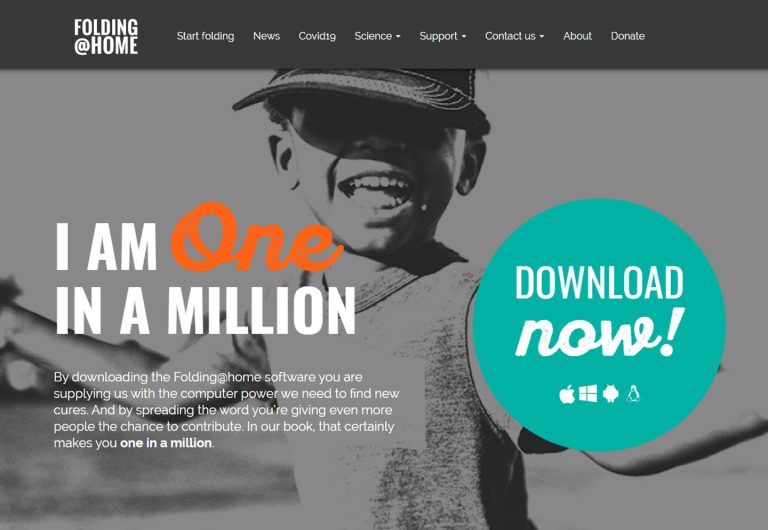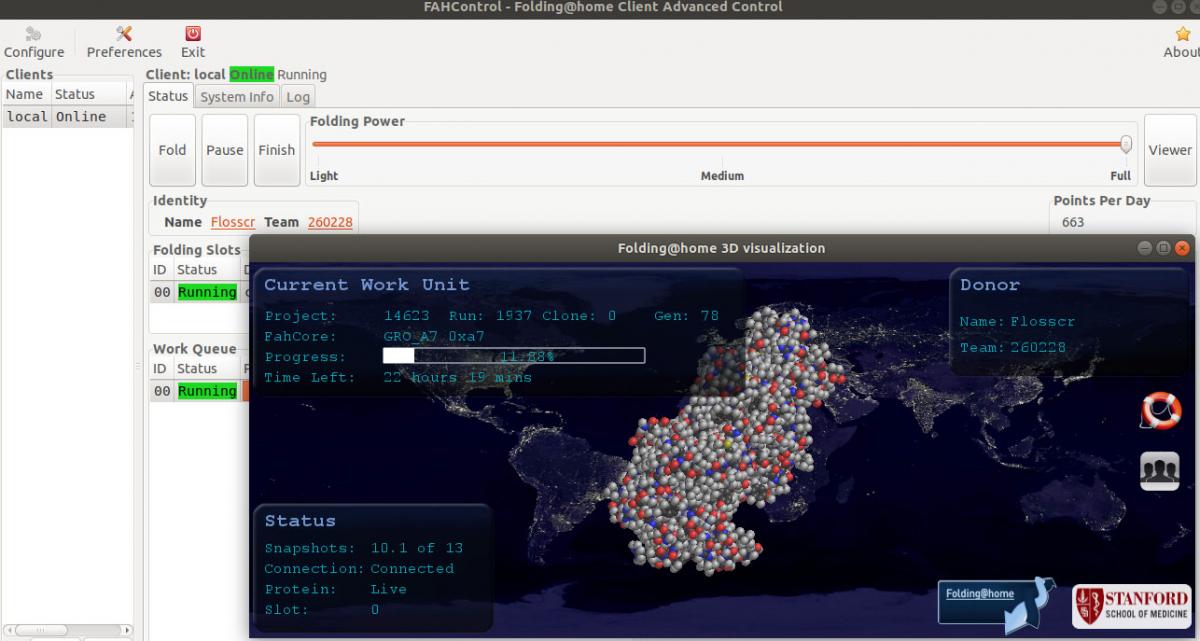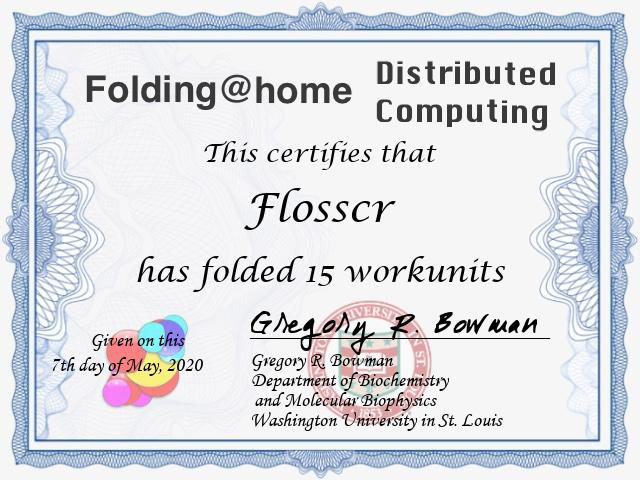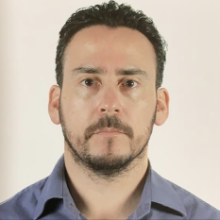Folding@Home: Free/libre/open source software comes to the aid of the world’s COVID-19 emergency

The past few months have been a time of uncertainty and fear. With each passing day, more people get sick and more people die. Many places are still dragging out and prolonging their quarantine periods. At the same time, we listen to our governments and public health leaders asking all of us to stay at home in order to protect every inhabitant of this world.
What can we do, besides hide in our homes or send money to the front lines? As a promoter of free and open technologies, I can suggest a way to collaborate actively toward overcoming COVID-19, using our computing capabilities and an astonishing free/libre/open source project: Folding@Home.
Inspired by the crowdsourced space exploration project, SETI@Home, Folding@Home allows average people to help chemical researchers understand the operation of the complex proteins that make viruses and other life forms survive. Your work with Folding@Home can accelerate the data processing capabilities of major research centers, and in turn the search for a global solution to the pandemic. And even better—it’s fun, and teaches you exciting knowledge about how life develops chemically.
The Folding@Home project, under the motto « I am One in a Million », teaches you how proteins fold (giving them the properties that make life possible) and then lets you play with pictures of molecules to find accurate folds. This is a critical step in developing cures not only to COVID-19, but also cancer, Parkinson’s disease, Alzheimer’s, Chagas, and malaria. With our computer equipment and our GNU/Linux computers, sitting at home in an office, or at a school or university, we can contribute to science through a process that feels like playing a video game.
Start by downloading the package appropriate for your operating system and distribution. The download web site offers RPM packages for Red Hat related systems and DEB packages for Debian related systems (along with the popular Mac Os X and Microsoft Windows operating systems) (Figure 1).

For each supported distribution, a web site helps you configure your system to run Folding@Home. For instance, directions for Red Hat are at https://www.redhat.com/sysadmin/covid-folding-home (Figure 2).

This is just one of the ways you can help humanity from your home or work and be part of the global solution that we all hope for. When you participate, you get to be counted as part of a “donor” team, receiving a certificate that recognizes you or your institution (Figure 3).

Collaborate, join this initiative, and demonstrate the spirit that characterizes free/libre/open source communities. Other open source hardware and software projects related to the pandemic are listed in an article in Open Health News.
Special thanks to Glen Newell. “We are two in a Million”
